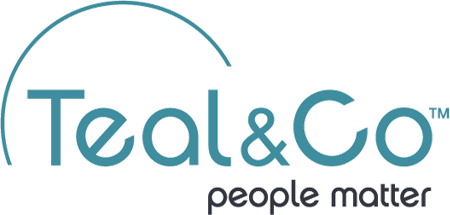Effective Individual Meetings
Team meetings are not a substitute for One-on-Ones and each hold a different purpose.
Holding 1:1 meetings between supervisor and staff is an invaluable tool for positive employee relations and engagement, but requires attention and commitment. How people are treated, and what you do to make them feel valued as their manager, makes a difference to their contribution and affects the culture of an organization.
Benefits of Investing in your team in One-on-One Meetings:
- The 1:1 provides a forum where you can have an honest, private, conversation with each other about what’s really going on both professionally and personally.
- It provides a routine opportunity for a manager, to assess and connect with employees and stay informed.
- A leader who makes time for their team members is less likely to suffer poor team performance because of ambiguity and mistrust. Every 1:1 meeting is an opportunity to clarify the goals of the organization, what the performance expectations are and build a trusting relationship with your employees by getting to know them as people, not just workers.
- Having constructive conversations in 1:1 meetings throughout the year makes performance reviews more effective. It will result in the time being more about goals and the year ahead instead of constructive feedback from the past.
- Meetings should not be ad-hoc, they should be a sequence of meetings booked into the calendar so that the time is set aside. It’s okay to skip one every once and a while, but having the time blocked in the calendar in a regular cycle shows commitment to your employee.
- Decide together what the best cycle should be (weekly or every other week? 30 minutes or an hour?) and what the format should be—your office or theirs, a walk, or going for a coffee. Different formats work for different employees and they can always be changed as you get into a groove.
In our tip sheet we will explore sharing expectations before a meeting, setting an agenda, behaviour during the meeting and following up afterwards.

